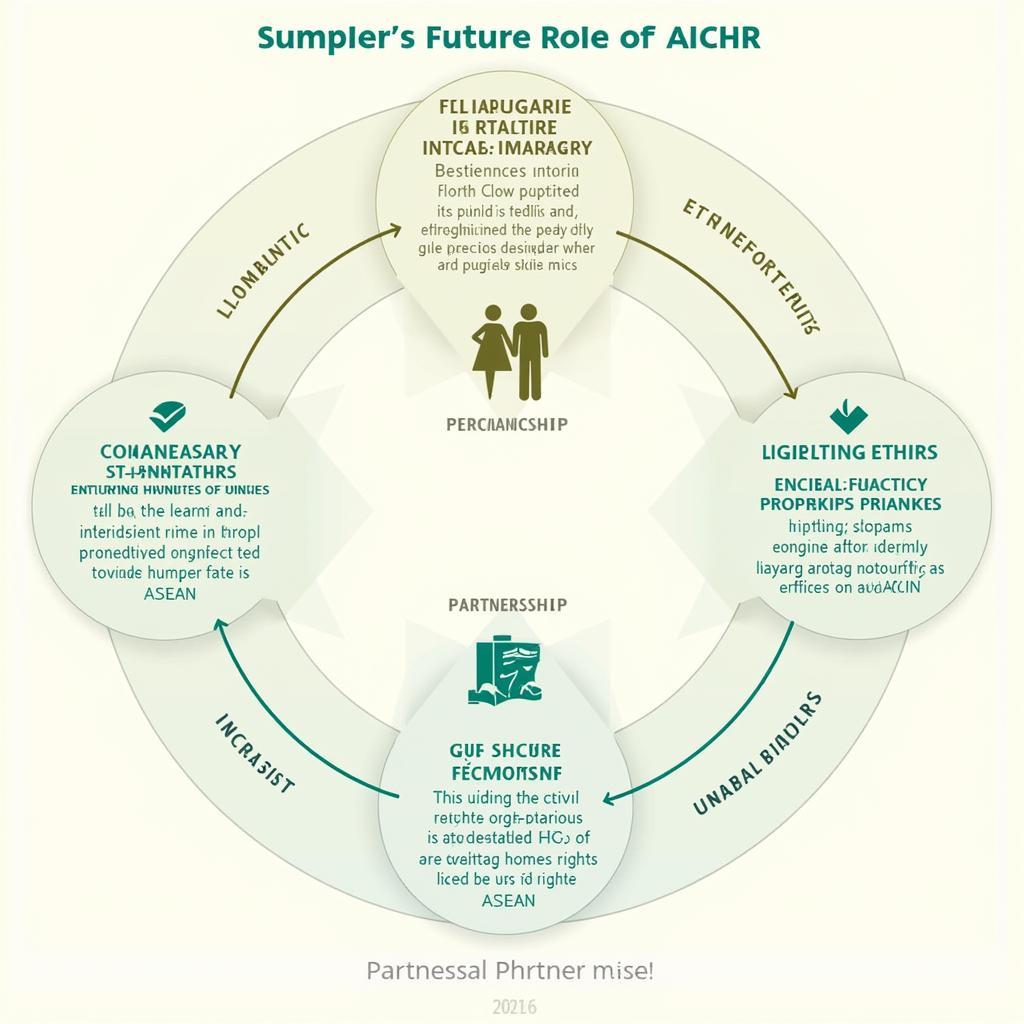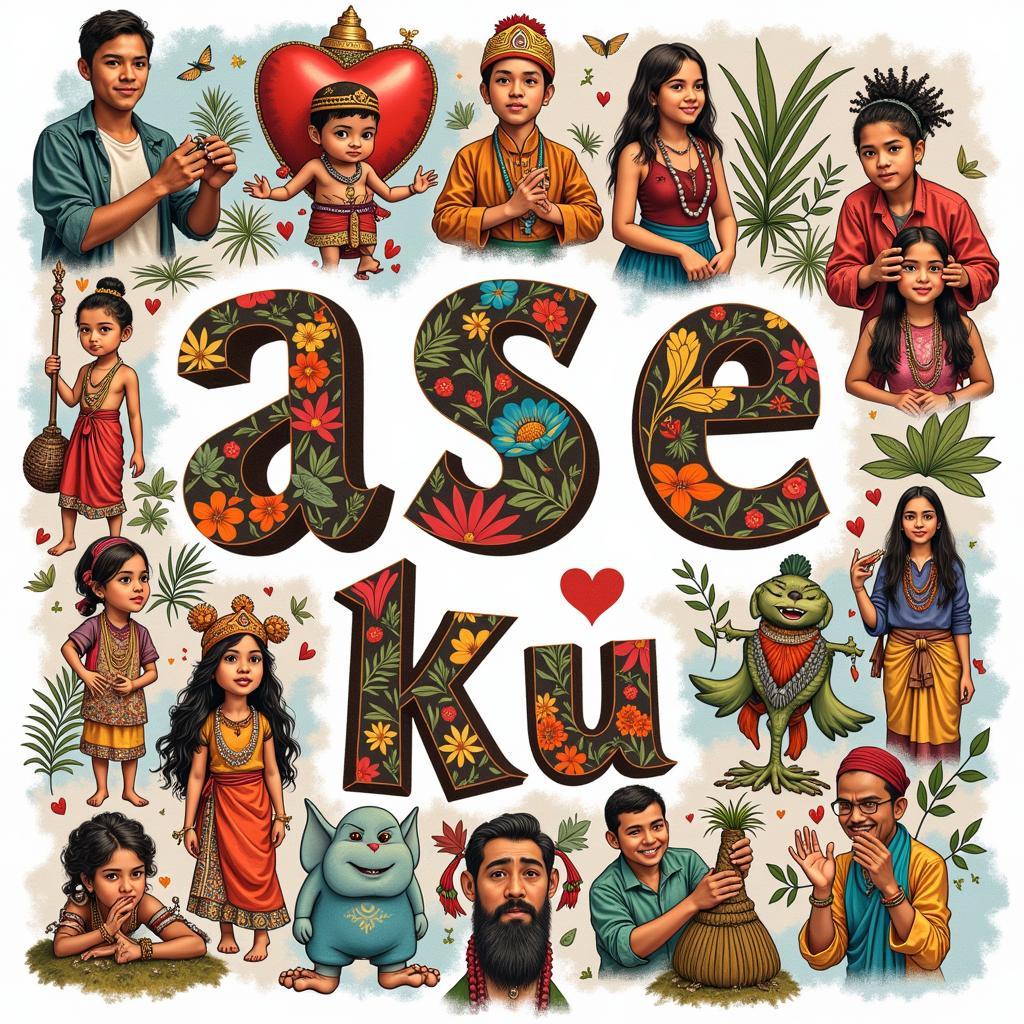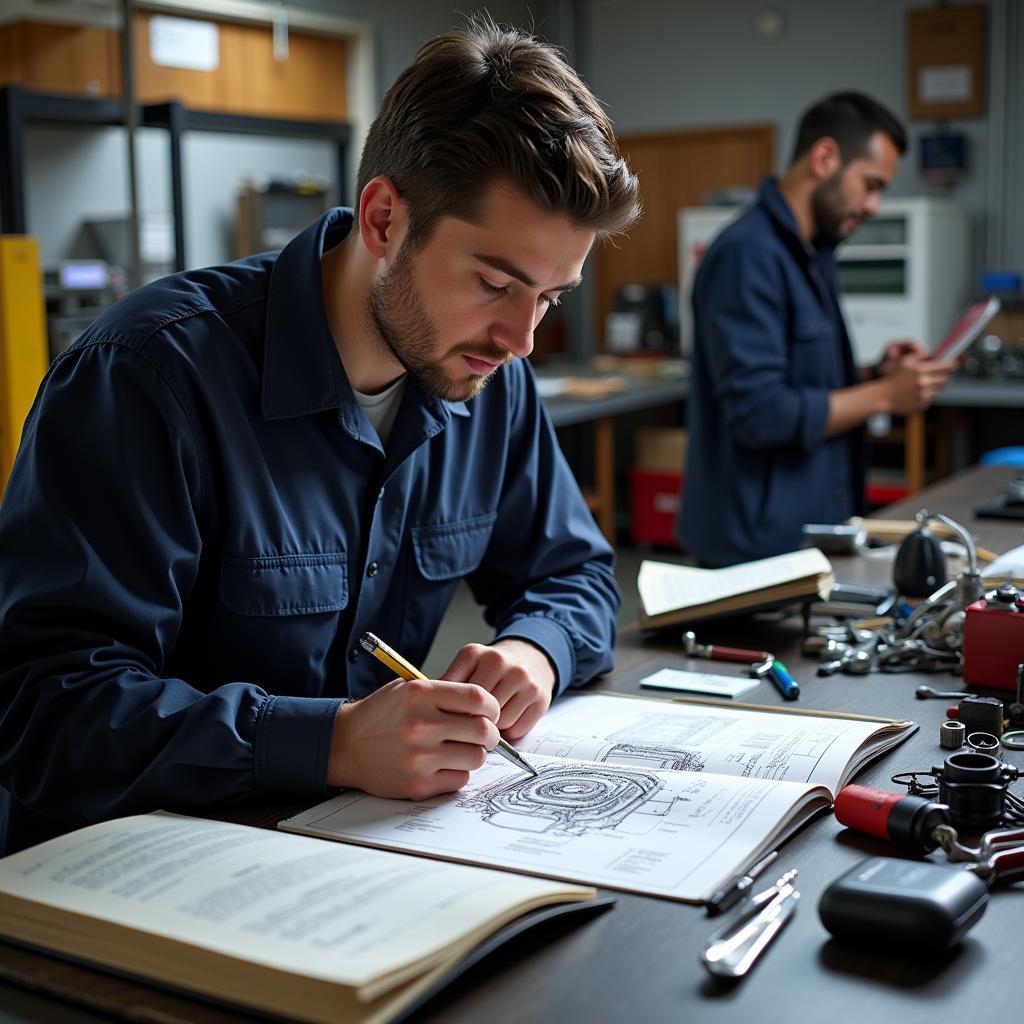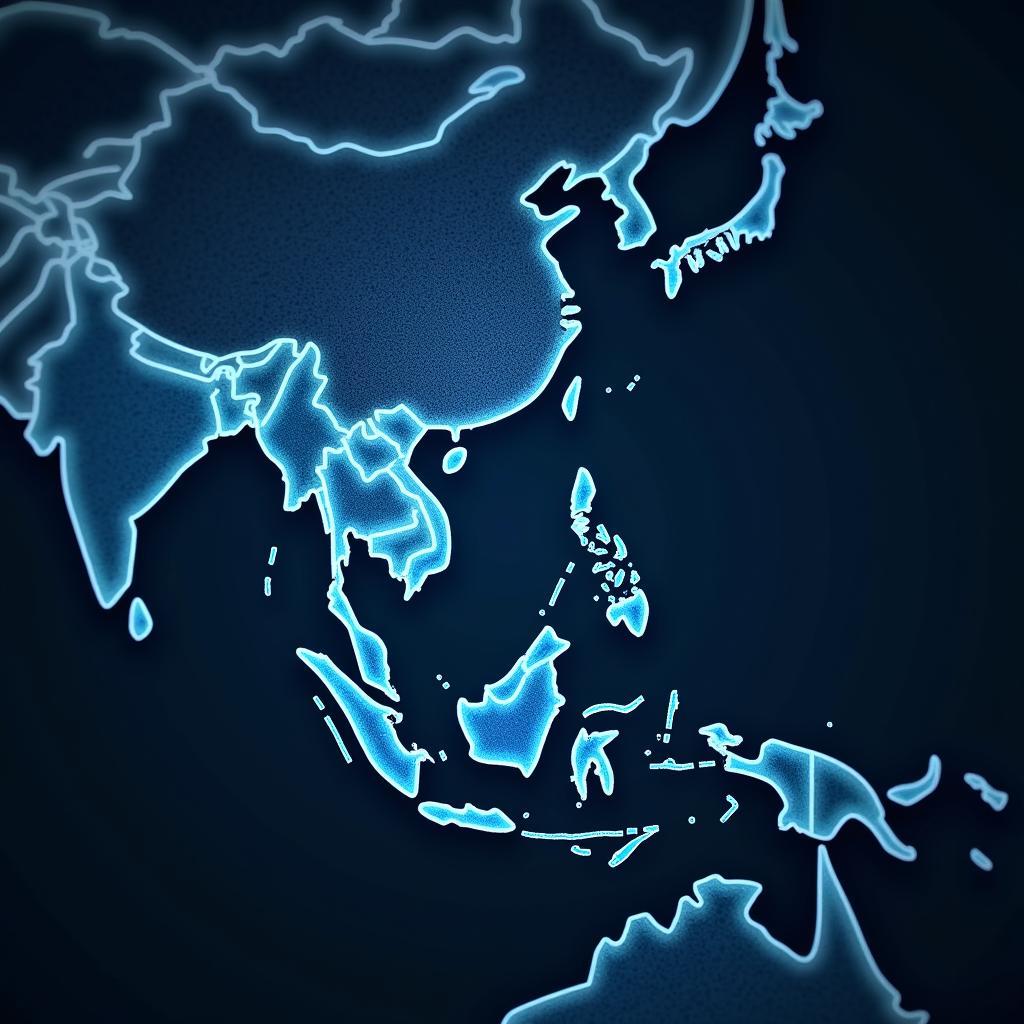The ASEAN Intergovernmental Commission on Human Rights (AICHR) represents a significant step towards promoting and protecting human rights within the diverse Southeast Asian region. Established in 2009, the AICHR has been instrumental in fostering dialogue, cooperation, and capacity building among ASEAN member states on human rights issues. asean aichr banner
A Deep Dive into AICHR’s Mandate and Functions
AICHR’s mandate is broad, encompassing the promotion and protection of all human rights. It aims to develop strategies for human rights cooperation, conduct studies and research, and engage with civil society organizations. The Commission plays a crucial role in mainstreaming human rights across all ASEAN sectors. A key aspect of AICHR’s work is raising awareness about human rights through education and outreach programs.
One of the notable achievements of the AICHR is the development of the ASEAN Human Rights Declaration (AHRD). This declaration, while not legally binding, sets out a framework for human rights standards in the region. It reflects the shared values and aspirations of ASEAN member states and provides a basis for further development in the field of human rights.
Challenges and Opportunities for AICHR ASEAN
While AICHR has made progress, it faces several challenges. The diversity of political systems and cultural norms among ASEAN member states can create complexities in implementing human rights standards. The non-interference principle, a cornerstone of ASEAN, also poses a challenge in addressing human rights concerns in specific member states.
However, these challenges also present opportunities. AICHR can leverage the diversity of ASEAN to create a unique and culturally sensitive approach to human rights. It can promote dialogue and understanding among member states, leading to greater cooperation and progress in the long run.
What is the AICHR’s Role in Promoting Human Rights in Southeast Asia?
The AICHR plays a vital role in promoting human rights in Southeast Asia by fostering dialogue and cooperation among ASEAN nations, developing human rights standards, and conducting educational initiatives. The Commission serves as a platform for discussing human rights issues, sharing best practices, and working towards regional solutions.
“AICHR’s strength lies in its ability to bridge cultural differences and foster a shared understanding of human rights within the ASEAN community,” says Dr. Anya Sharma, a prominent Southeast Asian human rights expert.
AICHR and the Future of Human Rights in ASEAN
The future of human rights in ASEAN is inextricably linked to the effectiveness of AICHR. Strengthening the Commission’s mandate, increasing its resources, and enhancing its engagement with civil society are crucial steps toward ensuring its long-term success.
“The development of national human rights institutions in all ASEAN member states would greatly contribute to the overall improvement of human rights in the region,” adds Professor Kenji Tanaka, a leading scholar on ASEAN affairs. “These institutions can work in tandem with AICHR to implement and monitor human rights standards at the national level.”
 Future of AICHR
Future of AICHR
In conclusion, AICHR is a critical component of ASEAN’s commitment to human rights. While there are challenges, the opportunities for progress are immense. By continuing to strengthen the Commission and fostering regional cooperation, ASEAN can create a future where human rights are respected and protected for all.
asean business and human rights
FAQ
- What does AICHR stand for? (AICHR stands for ASEAN Intergovernmental Commission on Human Rights)
- When was AICHR established? (AICHR was established in 2009.)
- What is the AHRD? (The AHRD is the ASEAN Human Rights Declaration.)
- Is the AHRD legally binding? (No, the AHRD is not legally binding.)
- What is one of the main challenges faced by AICHR? (One of the main challenges faced by AICHR is the diversity of political systems and cultural norms among ASEAN member states.)
When you need support, please contact us: Phone: 0369020373, Email: [email protected] or visit us at: Ngoc Lien Village, Hiep Hoa, Bac Giang, Vietnam. We have a 24/7 customer support team.


